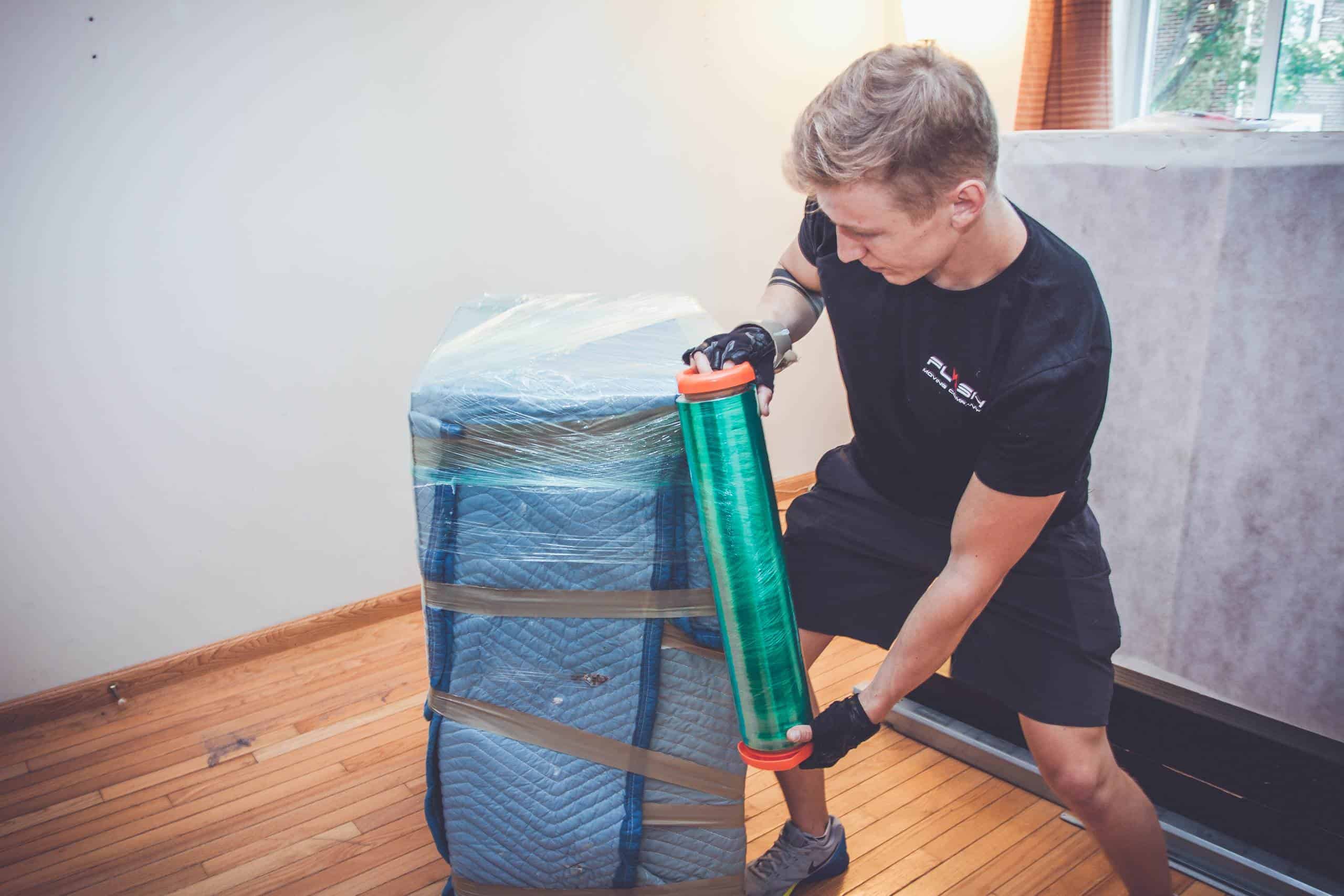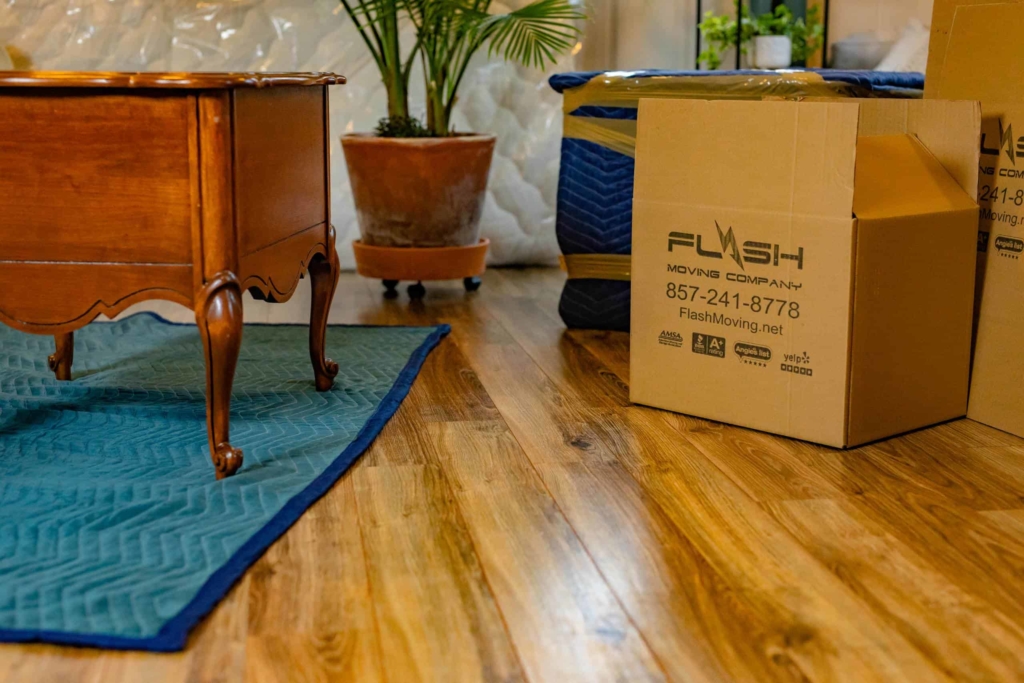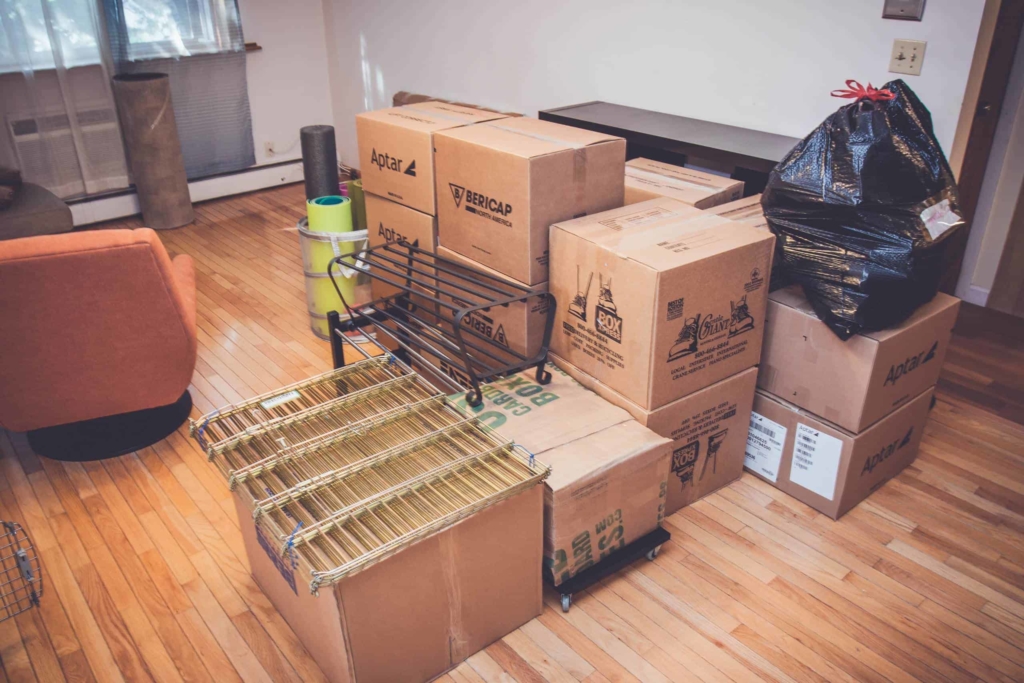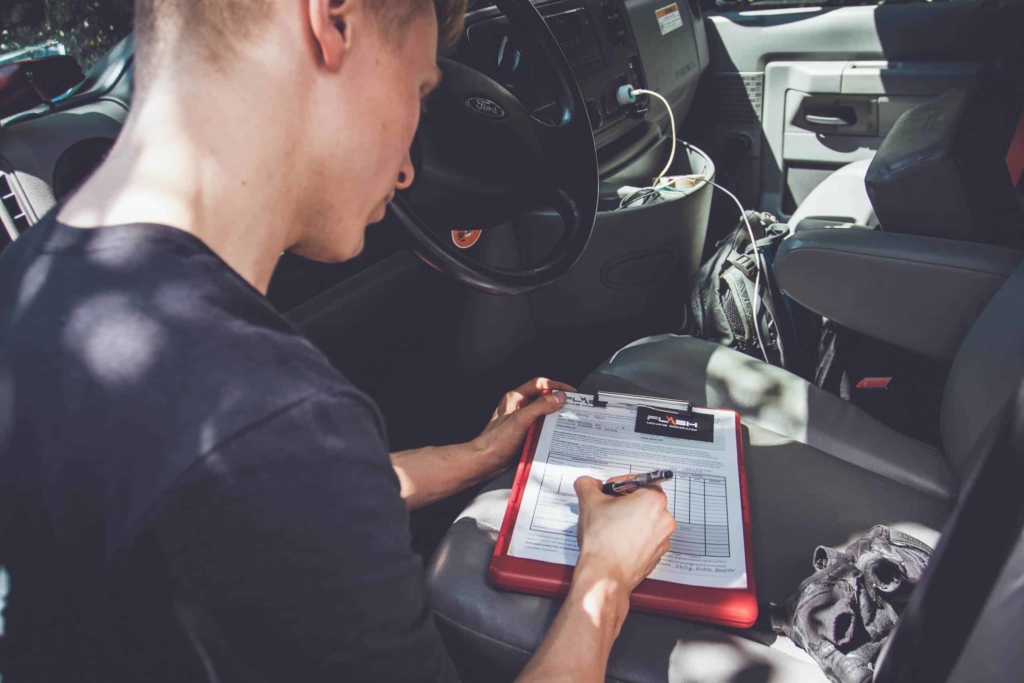

There’s a lot to do when moving. Generally, you have to plan and prepare many things—documents, your family, yourself, your budget, and especially your belongings. Aside from the actual move, one of the most tedious tasks is preparing or packing things. It requires a lot of effort, time, energy, and even money.
What makes packing more tiresome is when it’s not planned correctly. You should be able to plan when to start, where to start, which tasks to prioritize, and more. In this guide, we will help you determine what to pack first and how to make your move smoother.
 When planning for your move, you need to decide when to start packing. This way, you can add this task to your overall moving checklist and not miss out on anything. Most people base their decisions about when to start on how many things they own.
When planning for your move, you need to decide when to start packing. This way, you can add this task to your overall moving checklist and not miss out on anything. Most people base their decisions about when to start on how many things they own.
For example, if you have a two-bedroom apartment, you most likely have a lot of belongings. It would be best to allot more time and start packing earlier compared to if you have a one-bedroom apartment and fewer things.
For most people, the best time to start packing to move is six weeks before your move, especially if you have many things to bring. This is to ensure that you pack everything entirely and adequately. If you put it off, you’ll have to rush and will likely experience stress and problems.
 You must consider certain factors or questions when deciding which things to prioritize in packing. These include:
You must consider certain factors or questions when deciding which things to prioritize in packing. These include:
Here are the first things to pack when moving:
Additionally, you need to ensure that you have all the essential packing materials you need to start packing. You would need:
 There are some certain things you shouldn’t bring when you’re about to move. There are items you should exclude and discard. Here are examples of the things not to pack when moving:
There are some certain things you shouldn’t bring when you’re about to move. There are items you should exclude and discard. Here are examples of the things not to pack when moving:
 To summarize everything into a more compact checklist, here’s a packing checklist for moving you can follow:
To summarize everything into a more compact checklist, here’s a packing checklist for moving you can follow:
If you don’t have time and energy for packing to move, you can always request help from Flash Moving. We can do the job on your behalf – and at an affordable price. We have professional and experienced people in this area; each one knows how to pack different kinds of items correctly. Moreover, they’re equipped with the best tools and materials to secure that your belongings are kept undamaged during loading and transport.
The safety of your belongings is essential to us. Contact us now and get the appropriate quotes for your needs.
2 SUPER EASY STEPS TO RECEIVE A PERSONAL QUOTE
You deserve a smooth, stress-free moving experience — and we do everything in our power to make the process easy for you. From studio apartments and spacious family homes to small or large offices, our full-service moving crews have what it takes to handle the job.
Effortless local moves start here! Trust us with your valued belongings for a stress-free transition. Across town or down the street, we make moving easy in your neighborhood.
From city to city or coast to coast, our reliable service ensures a hassle-free long-distance move. Your belongings, our priority!
Learn more
Efficient moving and storage solutions. We protect your belongings during the move and offer secure storage for flexible options. Trust us for a seamless experience.
Learn more
Packing made simple, unpacking made easy. Step into your new space without the hassle, thanks to our expert full packing service.
Learn more
Maximize efficiency in your commercial move. Our professional team handles the planning, packing, and transportation, allowing your business to move forward.
Learn more
Last-minute changes? We've got it covered. Our fast and reliable moving service ensures a smooth transition even on short notice.
Learn more

Our managers will contact you as soon as possible